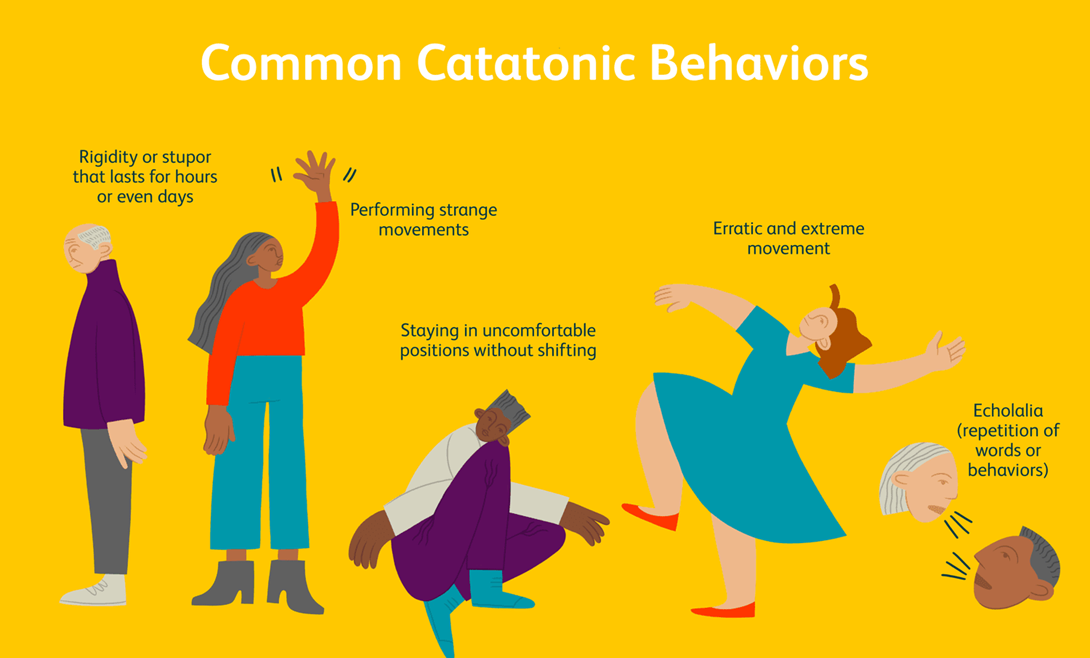Ms. T complains of headaches and body pains whenever her husband mentions that the house needs to be cleaned. This has been a recurring problem for more than 6 months. Ms. T probably is suffering from what kind of disorder?
Phobia
Post-Traumatic Stress Disorder (PTSD)
Somatic Symptom Disorder (SSD)
Generalized Anxiety Disorder (GAD)
The Correct Answer is C
Choice A reason: Phobia is an anxiety disorder characterized by an excessive and irrational fear of specific objects, situations, or activities, which does not align with Ms. T's symptoms.
Choice B reason: PTSD is a disorder that can occur after a person has been through a traumatic event, which is not indicated in Ms. T's case.
Choice C reason: SSD is characterized by an extreme focus on physical symptoms, such as pain, that causes major emotional distress and problems functioning, which matches Ms. T's experience.
Choice D reason: GAD involves persistent and excessive worry about various things, not just physical symptoms, so it is less likely than SSD in this scenario.
Nursing Test Bank
Naxlex Comprehensive Predictor Exams
Related Questions
Correct Answer is A
Explanation
Choice A reason: Catatonia is characterized by symptoms such as extreme muscle rigidity, repetitive speech, and resistance to movement, which align with Lisa's presentation. It is often associated with other mental health conditions but can also be a standalone diagnosis.

Choice B reason: Disorganized schizophrenia is marked by disorganized thinking and behavior, inappropriate emotional responses, and erratic actions. While Lisa's symptoms could suggest a psychotic disorder, they do not specifically indicate disorganized schizophrenia.
Choice C reason: Schizotypal disorder involves eccentric behavior, odd beliefs, and difficulty forming close relationships. Lisa's symptoms do not align with the core characteristics of schizotypal disorder.
Choice D reason: Brief psychotic disorder is a short-term condition that includes delusions, hallucinations, and disorganized speech. Lisa's symptoms could be part of a brief psychotic episode, but the specific mention of muscle rigidity and resistance to movement is more indicative of catatonia.
Correct Answer is D
Explanation
Choice A reason: The theory that schizophrenia is primarily related to a disturbed mother-child relationship is outdated and not supported by current research.
Choice B reason: While prenatal factors may contribute to the risk, schizophrenia is not solely caused by brain damage from the mother's use of tranquilizers during pregnancy.
Choice C reason: Alterations in opioid receptors are not currently considered a primary cause of schizophrenia.
Choice D reason: Schizophrenia is considered a brain disorder, with current research focusing on a combination of genetic and environmental factors, brain chemistry, and structure.
Whether you are a student looking to ace your exams or a practicing nurse seeking to enhance your expertise , our nursing education contents will empower you with the confidence and competence to make a difference in the lives of patients and become a respected leader in the healthcare field.
Visit Naxlex, invest in your future and unlock endless possibilities with our unparalleled nursing education contents today
Report Wrong Answer on the Current Question
Do you disagree with the answer? If yes, what is your expected answer? Explain.
Kindly be descriptive with the issue you are facing.
